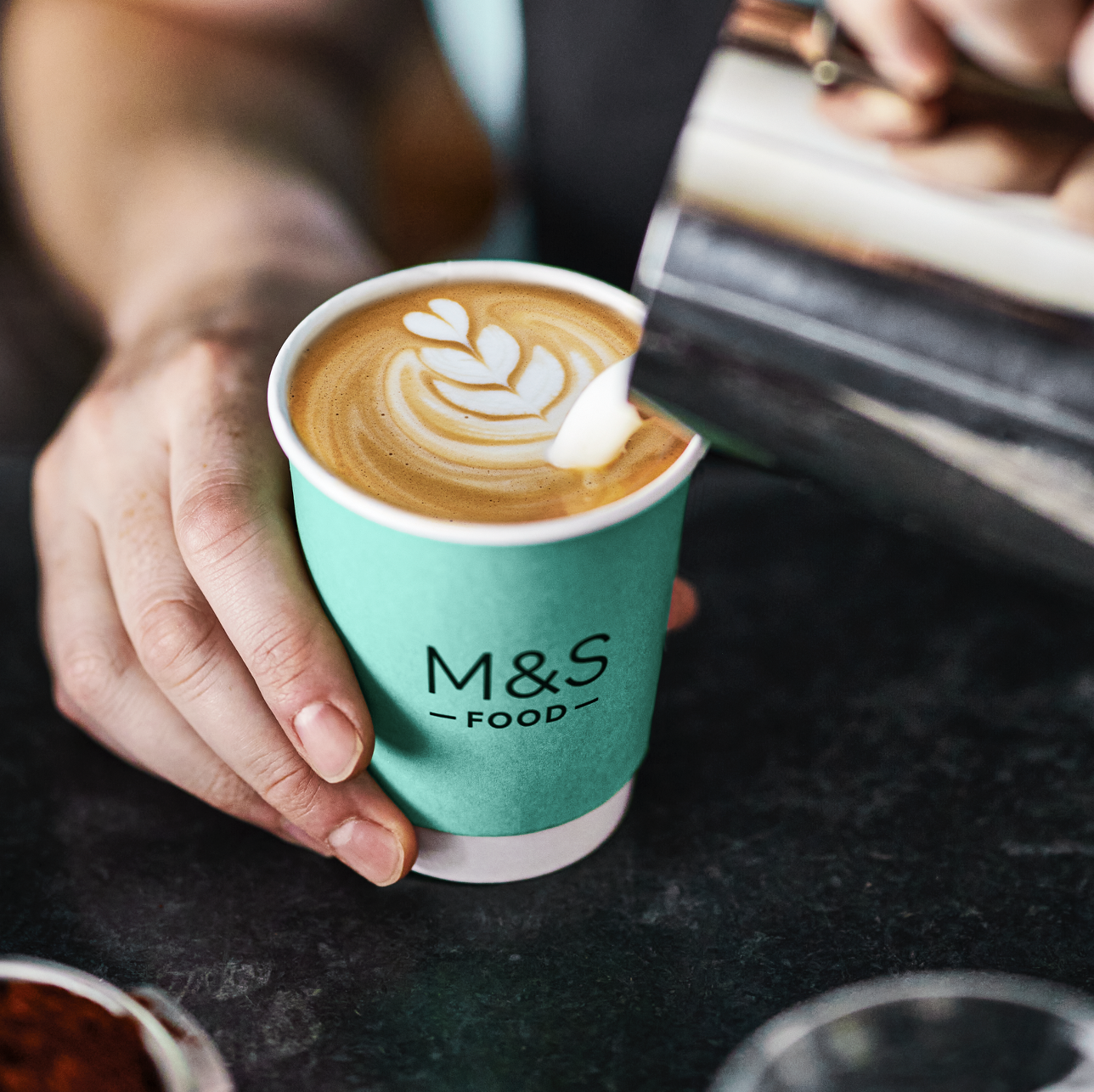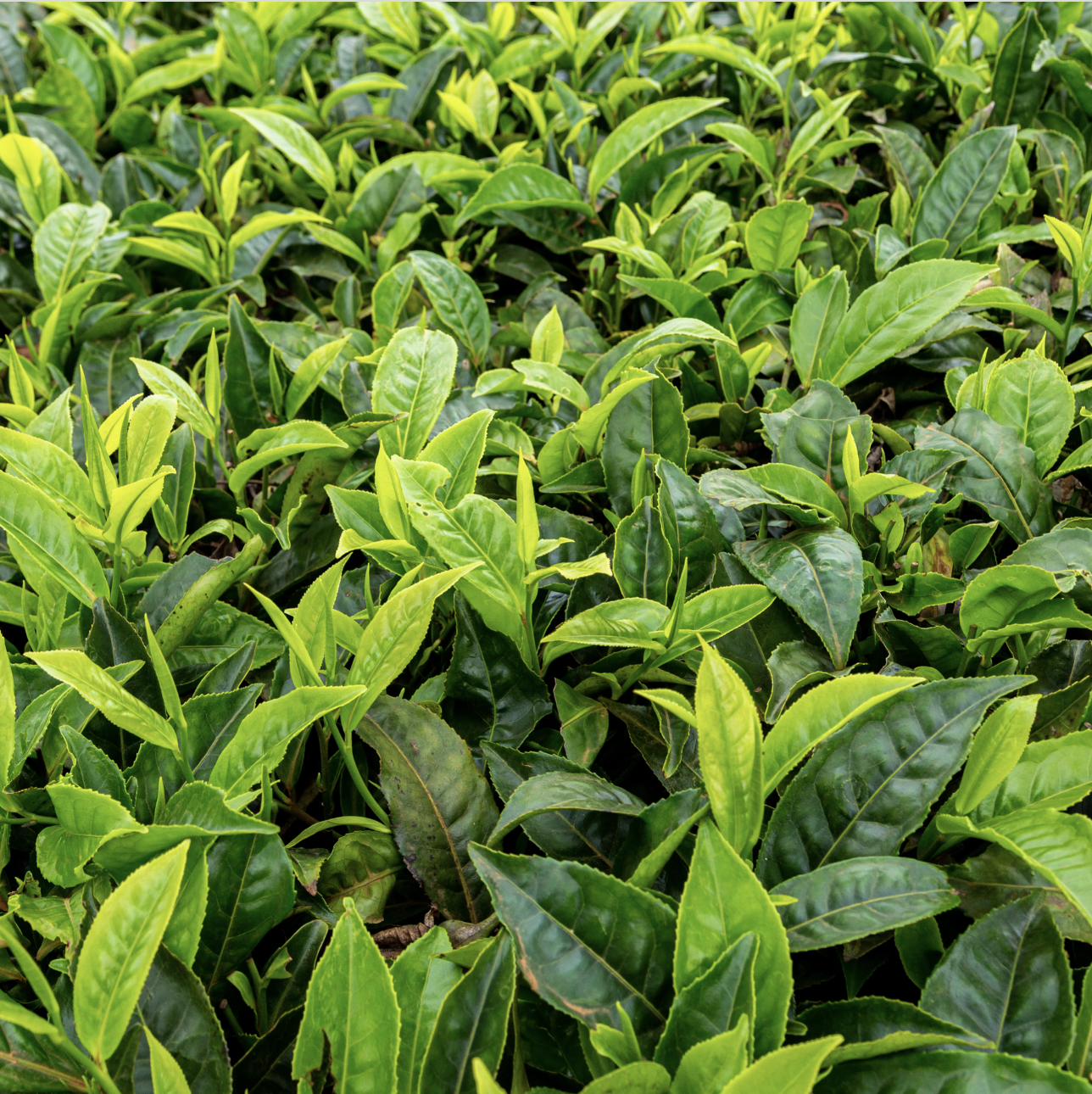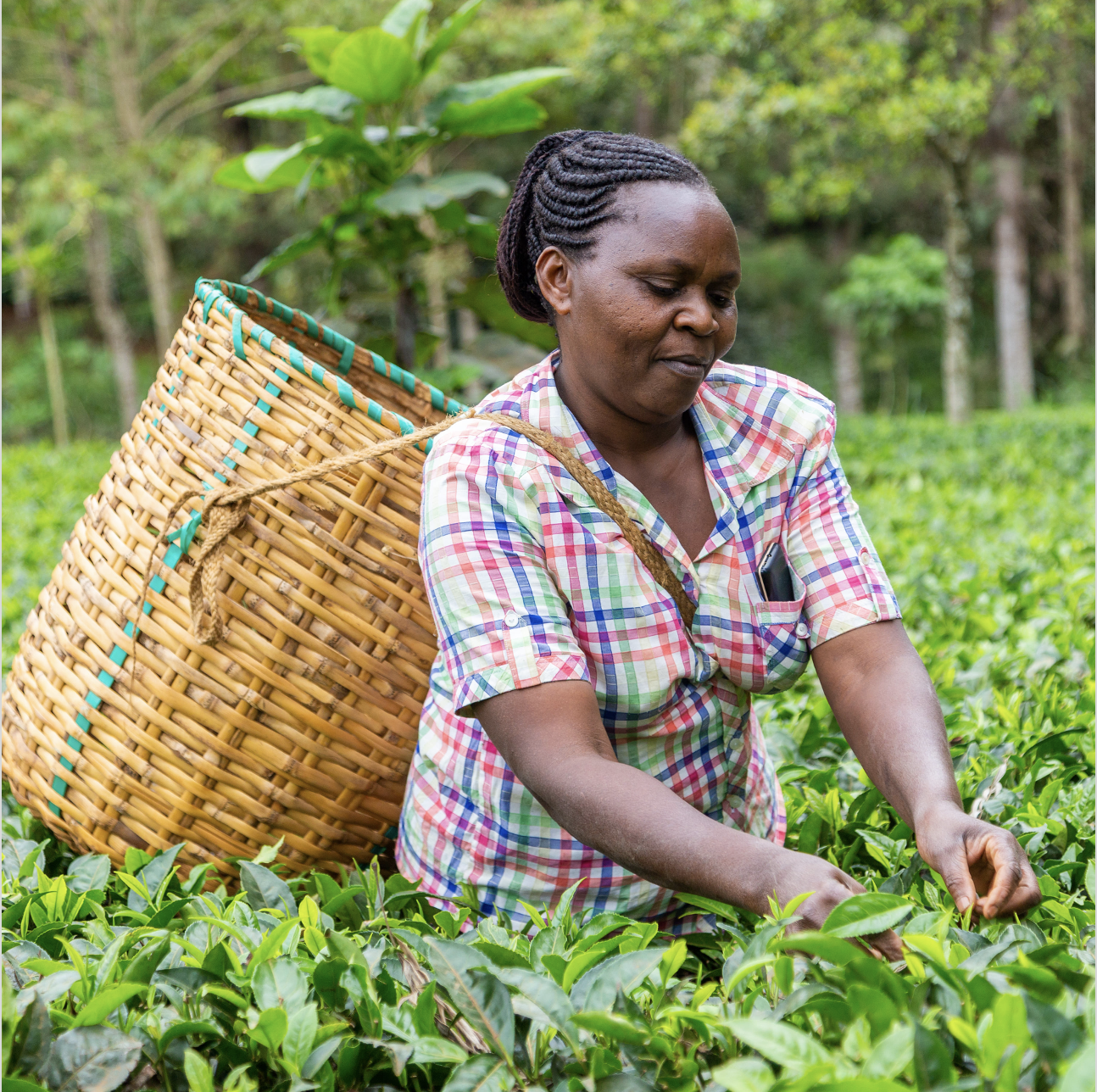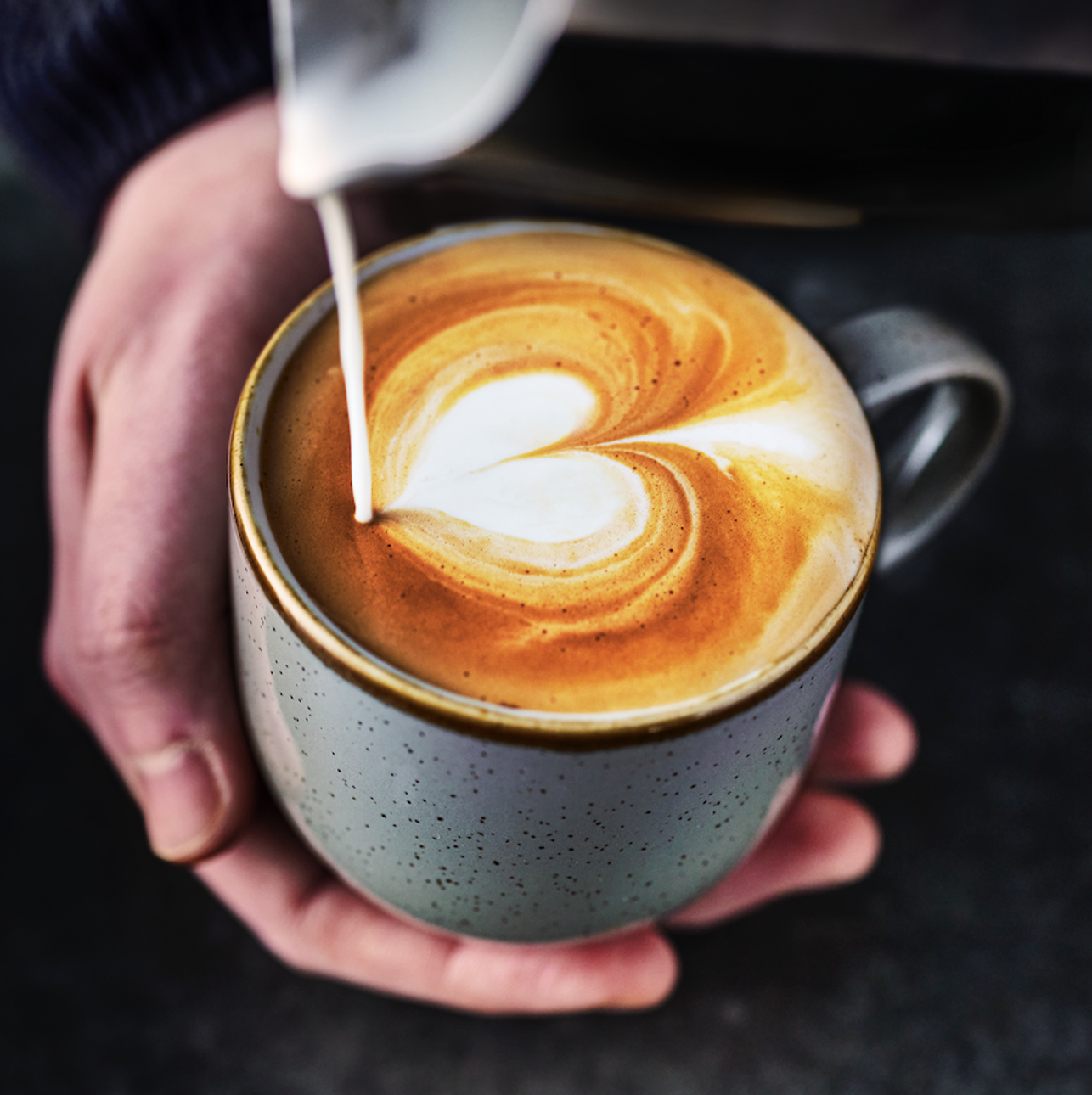Coffee
Coffee is the world’s second-most tradable commodity (after oil), with UK consumers drinking approximately 70 million cups of coffee per day. We sell coffee both in stores and in our M&S Cafés, making M&S the UK’s third-largest coffee shop chain, selling 35 million cups of coffee each year. Our coffee is 100% Fairtrade and 100% identity preserved (i.e. physically traceable) across both retail products and our cafes. We source the majority of our coffee through two expert suppliers and have been working with them and many of the coffee growers for over 25 years and are very proud of the strength of our working relationships.


Tea
Tea is the world’s second-most popular drink, next to water, with around 165 million cups of tea drunk in the UK each year alone. For 40 years we have worked with one single expert supplier to responsibly source the best tasting and quality tea from tea gardens around the world. Tea is very important to M&S: we sell the equivalent of 400 million cups of tea each year and our M&S Gold Label product is award-winning. They source from tea gardens on our behalf and blend the teas for the range for our stores and M&S Cafés.
Our journey with Fairtrade
We became the first retailer to source only Fairtrade-certified coffee for our M&S Cafés in 2004, and in 2006, we were the first retailer to source only Fairtrade-certified tea across all of our products. M&S generate more Fairtrade Premium for tea and coffee growers than any other UK retailer. M&S generate more Fairtrade Premium for tea and coffee growers than any other UK retailer. In 2022/23, 100% of tea and coffee in M&S Foodhalls and Cafés remained Fairtrade certified, and our growers collectively received over £1.5M in Fairtrade Premium.

We have adopted the Fairtrade standard as our minimum global sourcing standard for tea and coffee, meaning that in addition to a guaranteed price growers receive for their products, they also receive the Fairtrade Premium, an extra sum of money which goes into a communal fund for workers and farmers to use to enhance the lives of people and communities. Our growers determine what is most important to them; whether this is education or healthcare for their children, improving their business or building vital infrastructure such as roads and bridges for their community. The use of the Premium is decided by an elected Premium committee, who meet regularly and consult with workers and smallholder farmers
Fairtrade sets social, economic and environmental standards for the companies and farmers involved in the supply chain. For farmers and workers the standards include protection of workers’ rights and the environment; for companies they include the payment of the Fairtrade Minimum Price safety net and an additional Fairtrade Premium.
To help address climate change, Fairtrade supports farmers through providing technical advice from their expert Producer Networks and through their Fairtrade standard, which requires small holder farmers to take steps to adapt to climate change, reduce greenhouse gas emissions, avoid deforestation and reduce water usage.
We expect our growers to meet high environmental as well as social standards. We see our commitment to Fairtrade as the best way we can support the long-term sustainability of our growers due to the Premium that is paid to them and the overall breadth of the standard. Our growers also get vital support and expertise from Fairtrade local liaison officers.
We know over the past year the situation in Assam has been challenging. We are working closely with our supplier partners and the Fairtrade Foundation to support the development of a new Fairtrade approach which will help benefit workers in Assam, while also giving M&S access to this vital ingredient for our tea blends.

Anserma Coffee, Colombia
In the Perez family, coffee farming has been passed down through the generations. Nelson Antidio Melo Perez’s parents grew coffee, and his youngest son Jhony Melo, has learnt the trade too. Nelson says Jhony has become his right-hand man’ on the family’s 12 hectare farm in Colombia’s Andean mountains.
Nelson is a member of the Anserma Co-operative, which became Fairtrade certified in 2006. The Co-operative is taking steps to encourage more young people to see coffee farming as a positive sustainable way to make a living. "Here in Anserma, the manager is concerned about the whole picture and tries to move the Co-operative forward by inviting young people to lots of things (like training)" says Nelson. Nelson says his son is an asset to the farm and is proud of him, "I’m going to give him as much support as I possibly can. So he can get on in life. He’s an example for young people, for the region, for society."
Farmers like Nelson and his family remain on the front line of the climate emergency, despite having contributed the least to cause it. One of the advantages of being part of a Fairtrade co-operative is there’s a range of support to adapt to climate change and make sure farms are more resilient.




